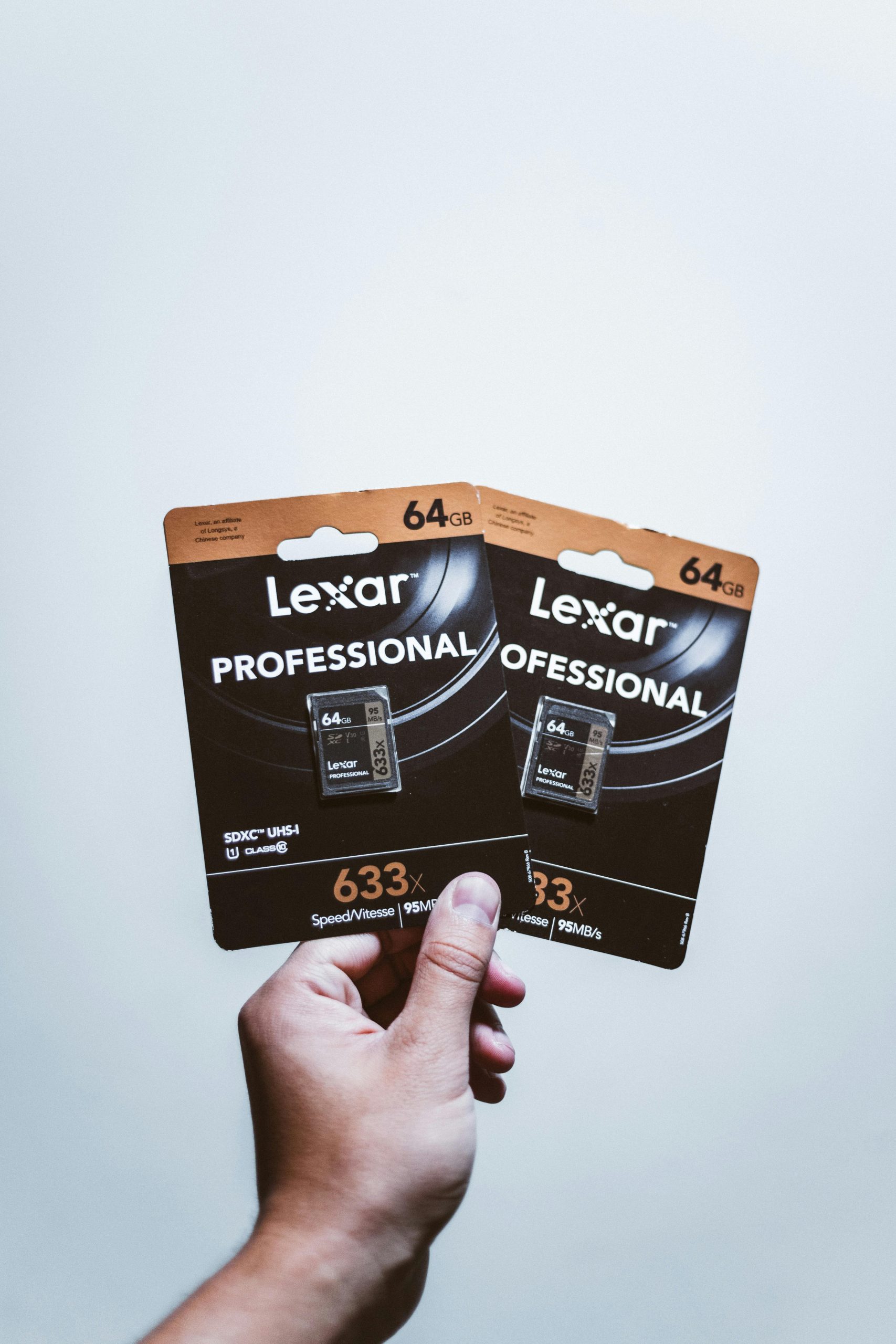Property Claim Inquiry
I have a home that suffered significant damage from Hurricane Helene. Our claim has been approved, and the repairs are nearly complete.
However, the claim includes funds to refinish the floors, which honestly don’t need it. I recently visited the house, and the floors look great as they are. The contractor mentioned, “Unfortunately, we can’t hold back those funds. The insurance paperwork requires this work to be done as written. If it had a non-refundable depreciation, we could consider withholding it.”
I’m not very experienced with insurance claims, but it seems wasteful to refinish floors that are already in good condition. If they skip the floor refinishing, would the money go back to the insurance company?
Just for your information, we have a mortgage on the property.




It sounds like you’re dealing with a frustrating situation. In many cases, insurance claims dictate specific repairs based on their assessment of damages, even if you believe some of those repairs are unnecessary. Here are a few points to consider:
Contractor’s Obligation: Your contractor is likely bound by the terms laid out in the insurance claim. If the insurance paperwork specifies refinishing the floors, they may be required to complete that work regardless of the current condition of the floors.
Insurance Funds: If the contractor does not complete the refinishing and the funds are not utilized for the specified repair, it’s possible that the unused funds could be returned to the insurance company. However, this would depend on the terms of your agreement with both the contractor and the insurance company.
Discuss with the Adjuster: It might be worthwhile to reach out directly to your insurance adjuster to discuss the situation. Explain that the floors are in good condition and inquire if there’s a possibility to modify your claim to eliminate the refinishing requirement. Sometimes, direct communication can lead to more flexibility than anticipated.
Document Everything: Be sure to document the current condition of the floors with photos and any other evidence. This might support your case when discussing with your insurance company.
Consult with Your Mortgage Company: Since you have a mortgage on the house, check with your mortgage company about how these insurance funds can be managed. They may have specific requirements for how funds are allocated for repairs.
Consider a Compromise: If you ultimately find you have to proceed with the refinishing, you might discuss with your contractor if there’s a way to minimize costs or adjust the work to be less intrusive.
Ultimately, navigating insurance claims can be complicated, but being proactive and open to communication with all parties involved will be key to finding a satisfactory resolution.